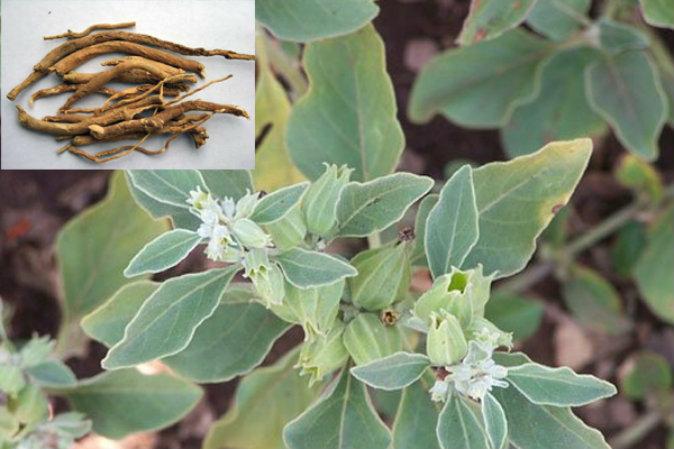Over the past 50 years, ashwagandha has gone from relative obscurity to become a popular supplement in the West. But in its native habitat (India, Pakistan, and Sri Lanka), it has been used extensively for at least 3,000 years.
Ashwagandha means “smell of a horse” in Sanskrit. The name refers not only to the scent of the plant, but to the horse-like strength and stamina it gives those who take it. In traditional Aryurvedic medicine, it is what’s known as a rasayana herb, or what today we call an adaptagen—an herb used to promote general strength and wellness.






